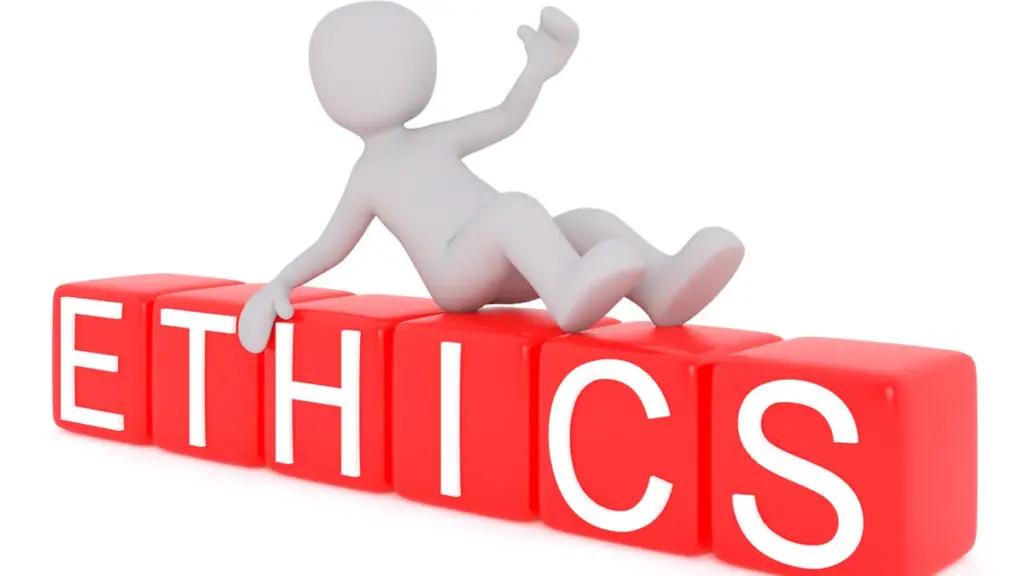Since 2018, I have been actively engaged in raising awareness about the pervasive issue of predatory and unethical publishing practices. For six years, I worked anonymously, operating under the radar, but in 2024, I decided it was time to reveal my identity. Going public was a decision I didn’t take lightly. In many ways, I wish I had done so earlier, but I was motivated by the challenges that others, particularly Jeffrey Beall, had faced in exposing these issues.
Since making the shift to being open about who I am, I have received a lot of support. Thankfully, I have not faced any real aggression, but instead, I have been encouraged by the positive messages and solidarity from fellow academics and professionals who share my concerns. These messages remind me that we are all in this together, working toward the same goal of upholding the integrity of academic publishing.
However, as much as I value the support, I have observed a growing trend in the online discussion around academic publishing that concerns me.
Specifically, there are several anonymous accounts voicing their concerns about unethical practices, but I’ve noticed that some of these accounts are becoming increasingly hostile. More troubling is that they often refuse to disclose who they and/or who backs them.
I fully respect anonymity, especially when people are protecting themselves from potential retaliation. However, when anonymity is used as a shield to launch personal attacks or harsh critiques without accountability, I believe it crosses a line.
The case for transparency
Anonymity in itself is not inherently problematic. Many individuals feel safer speaking out about sensitive issues without revealing their identity, particularly when discussing subjects that could invite backlash. However, when anonymous accounts are openly hostile or confrontational, there is a responsibility to at least be transparent about one’s identity and affiliations.
In these situations, transparency is not just about personal accountability, it is also about ensuring that the public can make a fully informed judgment on the issues at hand. For example, when someone anonymously critiques a publisher or another individual, we may not know the motivations behind the critique. Is it an honest attempt to expose unethical behavior, or could there be another agenda at play? We cannot know for sure unless the person behind the account is transparent about who they are and who, if anyone, is supporting them.
Additionally, remaining anonymous while engaging in aggressive discourse often detracts from the conversation itself. Rather than discussing the ethical issues of academic publishing, the debate shifts to who is behind the account. Are they credible? Are they hiding something? These concerns dominate the conversation, diverting attention away from the real issues.
This distraction harms the cause of ethical publishing. It creates an environment where discussions about predatory publishers, fake journals, and authorship manipulation are overshadowed by questions about the identity of those speaking out. This could undermine legitimate concerns, making it harder for the academic community to address and solve these serious problems.
My experience: Why I decided to go public
Speaking from my own experience, I understand the hesitations some might feel about revealing their identity. I spent six years operating anonymously, and I saw firsthand the benefits of being able to speak freely without the fear of retaliation. However, I eventually reached a point where I realised that, in order to have a more significant impact, I needed to be open about who I am.
Being transparent about my identity has had a number of positive effects. People take you more seriously when they know who they are talking to. When I revealed myself, I found that people were more willing to engage in meaningful discussions, to listen to my concerns, and to offer support. In contrast, when I was anonymous, I was often dismissed as just another faceless account.
Moreover, transparency helps to build trust. If my name is attached to my views, it’s easier for people to see that my motivations are rooted in my commitment to academic integrity rather than personal gain or hidden agendas. This sense of trust is critical when discussing something as important as the future of academic publishing.
A Call for Constructive, Not Divisive, Dialogue
While transparency is essential, it’s equally important that we approach these issues with a spirit of constructive dialogue rather than division. There is no room for hostility or personal attacks in the pursuit of ethical publishing. Our goal should be to reform the system, not to create further discord within our academic community.
I do not, at least I try not to, engage in aggression or personal attacks. My focus has always been on fostering open, honest, and respectful discussions about how we can improve the system. It is crucial that we all approach these conversations with the intention of making a positive change, not simply to make personal attacks on others.
For those who continue to operate anonymously, I respect your decision to do so. However, I would encourage you to consider going public with your identity. Speaking from personal experience, people tend to take you more seriously when they know who you are. If you remain behind a cloak of secrecy, others will always wonder what you have to hide, which could undermine the credibility of your arguments.
Conclusion
The fight for a more transparent and ethical publishing system is one that requires all of us to engage in good faith. Whether you choose to operate anonymously or not, the key is to act with integrity and to be accountable for your words and actions. Only through transparency and open, respectful dialogue can we hope to make meaningful progress in combating the many challenges facing academic publishing.


